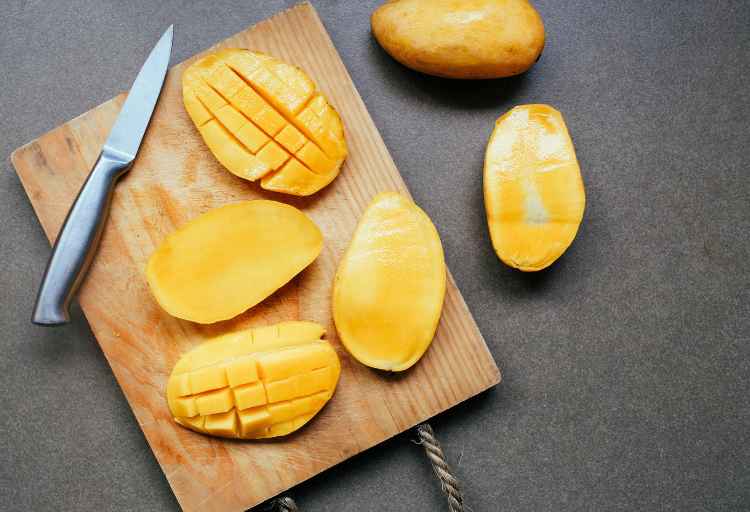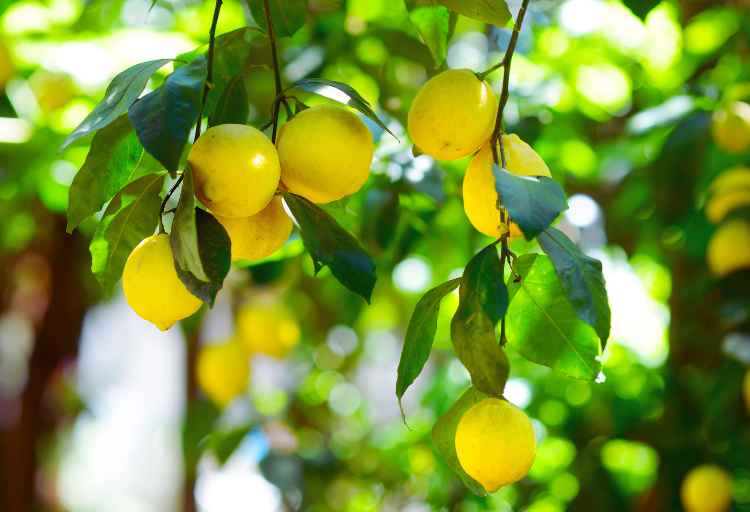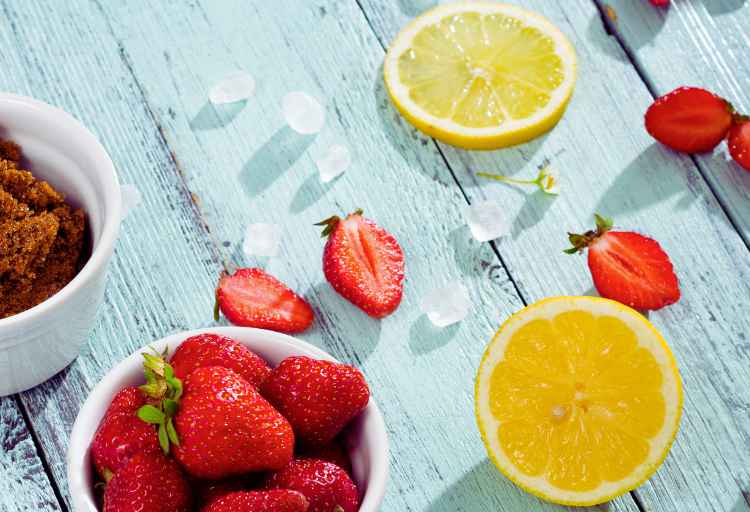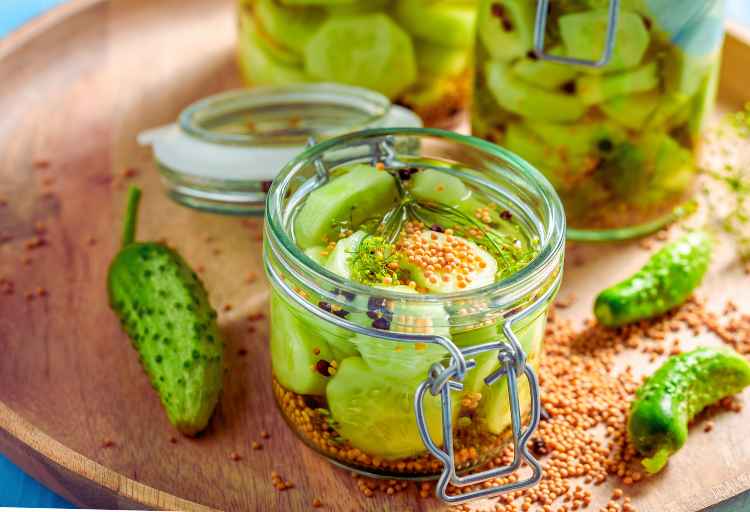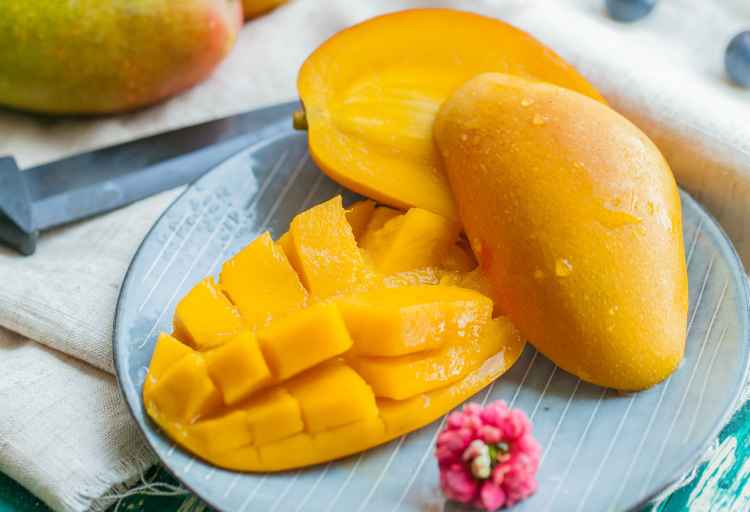Are Mango Seeds Poisonous? Debunking the Myth
Mangoes, often referred to as the “King of Fruits,” are beloved for their luscious flavor, vibrant color, and numerous health benefits.
However, a longstanding debate surrounds the safety of consuming mango seeds. Are mango seeds truly poisonous, or is this a mere myth?
Are mango seeds poisonous? Mango seeds contain trace amounts of cyanide, a potential toxin. However, the small quantity makes them generally safe for consumption. Properly prepared, roasted, or used in moderation, mango seeds pose minimal risk. If unsure, consult a healthcare professional.
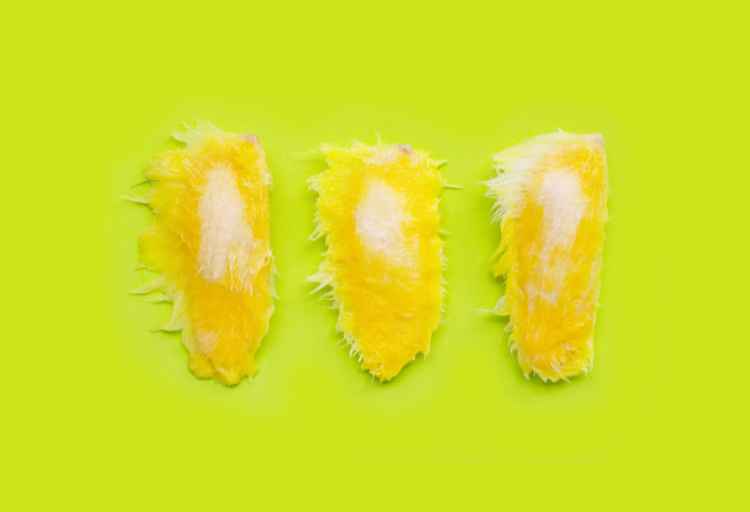
Contents
Are mango seeds poisonous? The Nutritional Value of Mango Seeds
Mango seeds are often discarded without a second thought, but they actually contain a range of nutrients that can contribute to a well-rounded diet.
These seeds are rich in fiber, which is essential for digestive health and can aid in weight management.
Additionally, mango seeds contain antioxidants like vitamin C and phenolic compounds that contribute to the body’s defense against oxidative stress and inflammation.
The Cyanide Conundrum: Separating Fact from Fiction
One of the primary concerns regarding mango seeds is their cyanide content. Cyanide is a toxic compound that, in excessive amounts, can be harmful to humans.
However, mango seeds contain very small quantities of cyanide, which are not typically a cause for concern when consumed in moderation.
The body has mechanisms to detoxify low levels of cyanide, making it unlikely to pose a significant threat.
Potential Health Risks and Precautions
While consuming mango seeds in moderation is generally safe for most people, there are certain populations that should exercise caution.
Individuals with allergies to mangoes might also react to the seeds, leading to adverse symptoms. Moreover, excessive consumption of mango seeds could potentially lead to gastrointestinal discomfort.
As with any food, it’s important to listen to your body and consume mango seeds in sensible amounts.
Traditional Uses and Culinary Applications
In various cultures, mango seeds have been used for their potential medicinal properties.
Traditional medicine systems in some regions have employed mango seeds to treat conditions such as diarrhea, dysentery, and urinary tract infections.
However, it’s important to note that these uses are based on historical practices and might not have robust scientific backing.
In culinary terms, mango seeds can also be repurposed.
They can be dried, roasted, and ground into a flour-like substance that can be used to add a nutty flavor to dishes or as a thickening agent in soups and sauces.
How to Consume Mango Seeds Safely?
If you’re curious about trying mango seeds, it’s crucial to follow proper preparation steps to ensure safety.
Start by thoroughly cleaning and washing the seed to remove any residual fruit flesh. Then, allow the seed to dry completely.
Once dried, you can roast the seed in the oven at a low temperature until it becomes crispy. This enhances the flavor and texture while minimizing any potential risks associated with raw consumption.
Exploring Alternative Views
While the general consensus leans toward the safety of consuming mango seeds in moderation, it’s essential to recognize that some health experts advise against eating them.
These experts argue that the potential risks associated with cyanide content outweigh the nutritional benefits.
As the debate continues, individuals should consider their own health status and consult with healthcare professionals if they have any concerns.
Conclusion
In the discourse surrounding mango seeds, the idea of them being fatally poisonous is largely a misconception.
While it’s true that these seeds contain traces of cyanide, the amounts are minimal and unlikely to cause harm when consumed sensibly. As with any aspect of nutrition, balance is key.
If you’re intrigued by the idea of incorporating mango seeds into your diet, doing so in moderation and after proper preparation can offer a unique culinary experience and potential health benefits.
However, if you remain uncertain or have underlying health conditions, seeking guidance from a healthcare provider is always a wise choice.
So, next time you indulge in a succulent mango, consider giving its seeds a chance – they might just surprise you with their subtle goodness.
FAQs
Are mango seeds toxic to humans?
Mango seeds contain minimal cyanide, which can be toxic in large amounts. However, consuming properly prepared seeds in moderation is generally safe for most individuals.
How should I prepare mango seeds for consumption?
To safely enjoy mango seeds, clean and dry them thoroughly. Roast them at low temperatures until crispy to enhance flavor and mitigate potential risks associated with raw consumption.
Can consuming mango seeds lead to cyanide poisoning?
No, consuming reasonable amounts of properly prepared mango seeds is unlikely to lead to cyanide poisoning due to the minimal cyanide content they contain.
What are the potential health benefits of mango seeds?
Mango seeds offer dietary fiber, antioxidants like vitamin C, and phenolic compounds. They can contribute to digestive health and assist the body in combating oxidative stress.
Should everyone avoid mango seeds due to potential risks?
While generally safe, those with mango allergies or specific health conditions might want to exercise caution. Consulting a healthcare professional before incorporating mango seeds into your diet is advisable for those with concerns.
Exploring the facts and myths surrounding mango seeds can help you make informed decisions about their consumption.


